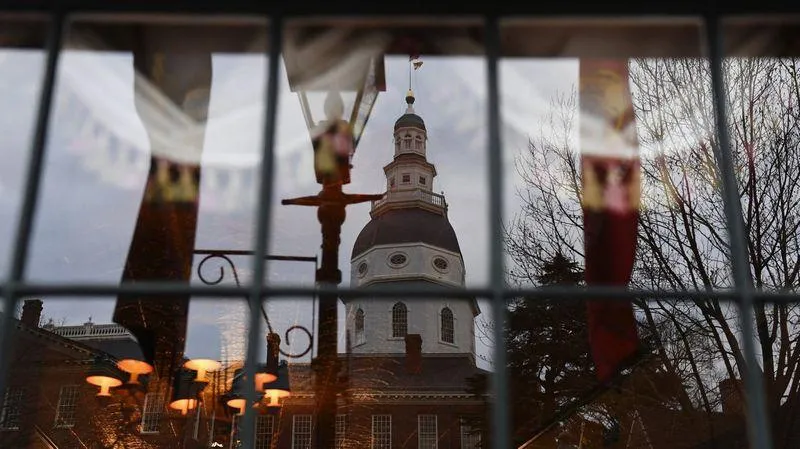Special Legislative Session Means Special Things for AFSCME Members

Late last week it was announced that the Maryland General Assembly will go into special session from December 6 through December 15. For AFSCME, important legislation impacting our members that was vetoed by Governor Hogan will have the opportunity to become law through the General Assembly overriding the Governor’s veto. In addition, maps that have drawn the boundaries of Congressional districts will be redrawn.
There are two pieces of legislation that AFSCME has a particular interest in becoming law this special session. The first changes the law impacting collective bargaining for our brothers and sisters who work in higher education. For years our members have had to negotiate contracts based upon the school campus where they worked, NOT the job they worked. This would be the equivalent of our brother and sister social workers having to negotiate one contract if they worked in Prince George’s county, while our other social worker members would have to bargain a separate contract if they worked in Harford County. It makes no sense: they do the same job, it just happens to be in different locations. The same issue applies in higher education, and this legislation would consolidate collective bargaining for our people by having one contract, negotiated with the management that truly makes the decisions: the University System of Maryland Chancellor and the Board of Regents.
The second piece is an expansion of the union’s ability to engage with newly hired state employees. AFSCME by law would receive more time to present and discuss the benefits of union membership, more flexibility in how that information was delivered, as well as improvements to our ability to effectively represent members and non-members.
The redrawing of Congressional maps, which occurs every ten years based upon the latest U.S. Census numbers, could mean changes to who represents you in the U.S. House of Representatives. AFSCME will be tracking those changes to ensure there is fairness and equity in our representation on Capitol Hill.
Look for more information – and calls to action to support these veto overrides – in the coming weeks.
